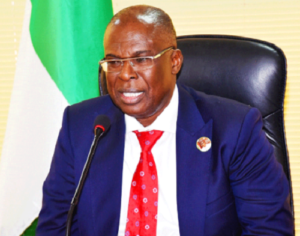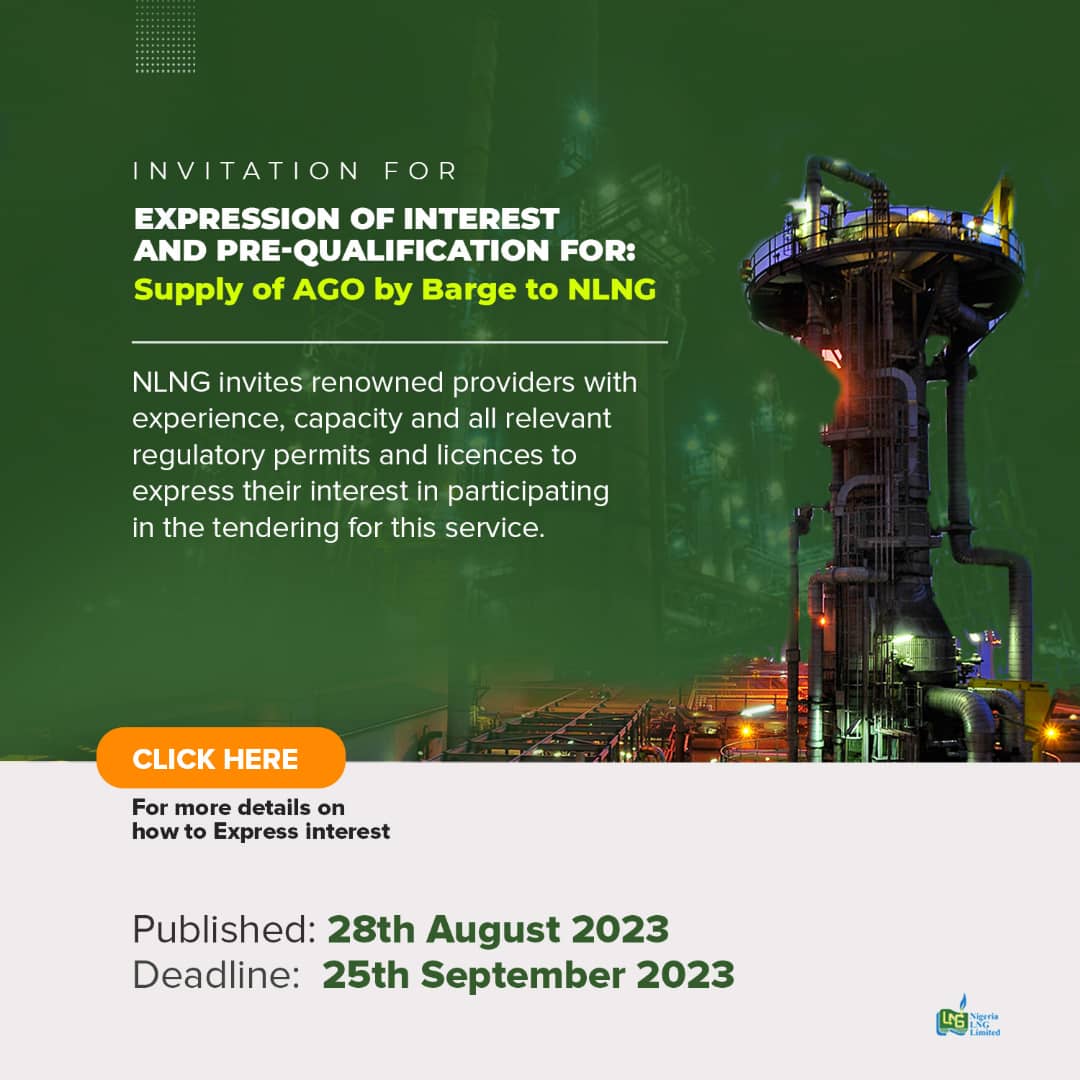Wabote
Africa has woken up to the realization of the need to save its hydrocarbon Industry. This lead to the birth of African Local Content Investment Forum. This is in its move to save Hydrocarbon Industry in Africa.
Speaking at the Maiden Edition of the African Local Content Forum, ALCIF, yesterday in Lagos, with the theme: ‘‘Evolving A Pan-African Strategy Towards Sustainable Funding of Africa Oil and Gas Projects’’, the lead promoter of the Forum and the man who could be described as the apostle of Local Content, the Executive Secretary, Nigerian Content Development and Monitoring Board, NCDMB, Simbi Wabote, reiterated that there is genuine battle for the soul of the hydrocarbon industry in Africa. “We must all rally to save the industry or we stand by while it perishes right in front of our eyes. We need to build on the good initiatives already in place to increase the pool of funds available for hydrocarbon projects and also motivate credible investors to pick interest in the industry”, he said.
“There must be a means of aggregating the various funds being projected by Development Finance Institutions, DFI’s, Banks, and other agencies so that big ticket funding transactions can be carried out. While the activists are demonizing the Oil and Gas Industry, our message must be consistent to the effect that fossil fuels will not disappear or be transited or shifted out of the energy mix so soon. Fossil fuels have largely contributed to the development we are witnessing today globally and must not be castigated to extinction”, he maintained.
The business model for the oil and gas industry in Africa according to him must change to the one in which there is deliberate in-country value addition to reduce or eliminate reliance crude exports.
The Executive Secretary appreciated the Minister of State for Petroleum Resources, Timipre Silva, for providing the enabling environment and giving the right steer for the Departments and Agencies under his ministry to key into the various Government agenda.

Sylva
Also speaking at the occasion, the Minister of States for Petroleum Resources, Timpre Sylva revealed that a holistic outlook of the continent’s Oil and Gas infrastructure requirements include upstream field development projects, pipelines, depots, terminals, refineries, petrochemical plants, and oil & gas research & development and training institutions all of which require huge funding.
The Minister who was represented by the Permanent Secretary, Ministry of Petroleum Resources, Nasi Sani Gwarzo maintained that the Countries that have promoted regional development projects have been constrained by funding. Examples include the West African Gas Pipeline, WAGP, the first transnational gas pipeline in the West African sub-region with the potential of creating 80,000 jobs and reducing greenhouse emissions by approximately 100 million tons. The Trans-Sahara Gas Pipeline, TSGP, is another project that if well-funded will serve as corridor for the movement of natural gas through Algeria to the EU member countries.
He argued that the local content program for Africa can only be impactful in our various economies if there is pipeline of projects that will sustain the utilization of capacities and capabilities developed or being developed in the industry.
“I am also pleased to hear that AFREXIM bank has conveyed their full commitment to the objectives of the forum, which is to mobilize African Financial institutions towards funding Africa oil and gas projects. Without doubt, the emerging trend where leading multinational financial institutions are factoring Environmental, Social, and Corporate Governance, ESG, in their lending decisions; and the seeming freezing of equity investment in upstream field development projects by International oil companies is a wakeup call for Africa to provide alternative funding to sustain hydrocarbon”, he added.
Sylva pointed out that the Africa continental Free Trade Area agreement and its growth aspirations can only be actualized if we have a very vibrant oil and gas sector, in view of the oil industry’s capacity to harness resources from other sectors.
The Minister stated that Africa has abundance of renewable energy sources including sunlight, water, wind and biomass. However, the technology needed to convert these sources to energy require huge funding if we are to avoid dependence on foreign technology.
The forgoing according to him provides the imperative for our active contribution to the technical sessions outlined in this Forum, so that we can come up with actionable recommendations for national and regional policy makers to implement.
“| earnestly hope that the final document on the “Pan-African strategy towards sustainable funding of Africa oil and gas projects” would contribute towards increased regional collaboration and development of Africa’s hydrocarbon industry”, he stressed.

Ibrahim
Also speaking at the Occasion, the Secretary General of the African Petroleum Producers Association, APPO, Omar Farouk Ibrahim, pointed out that a major study commissioned by APPO on the Future of the Oil and Gas Industry in Africa in the Light of the Energy Transition has concluded that the oil and gas industry in Africa shall need a new development model in order to survive the energy transition.
“If it fails to re-strategize and come up with a new model, it risks losing the 125 billion proven crude oil reserves and the hundreds of trillions of proven gas reserves as stranded assets”, he warned.
The new model, according to him sees in greater cooperation and collaboration among African oil and gas producing countries, the only way to survive the challenges posed to Africa by the energy transition agenda.
“Thus, while still encouraging the development of national local content, as currently practiced, the model shall also seek to emphasize a continent-wide approach to addressing the funding challenge, the capacity development challenge, the lack of cross-border and regional energy infrastructure challenge, the technology deficit challenge and the underdeveloped energy market challenge, using the African Continental Free Trade Agreement as an enabling vehicle”, he said.
“It sees the potential of a huge energy market in empowering the 900 million people of Africa who have no access to any form of modern energy.
The Secretary General maintained Africa does not contest the science of climate change. “We are not against any action that shall make the world a better place for all. What we are saying is that by prioritizing the growth of their national economies and the well-being of their peoples over the health of humankind in the 19th century, today’s advanced countries, who are the main champions of climate actions, and the greatest culprits of atmospheric emissions, have lost the moral right to tell others what their priorities should be in the energy transition agenda”.
“It is high time Africa understood that its salvation lies in its own hands. We cannot continue to look outside for help to save ourselves. We cannot afford to discard what we have in abundance for what we do not have. We will not change one form of dependence for another”, he stressed.


















